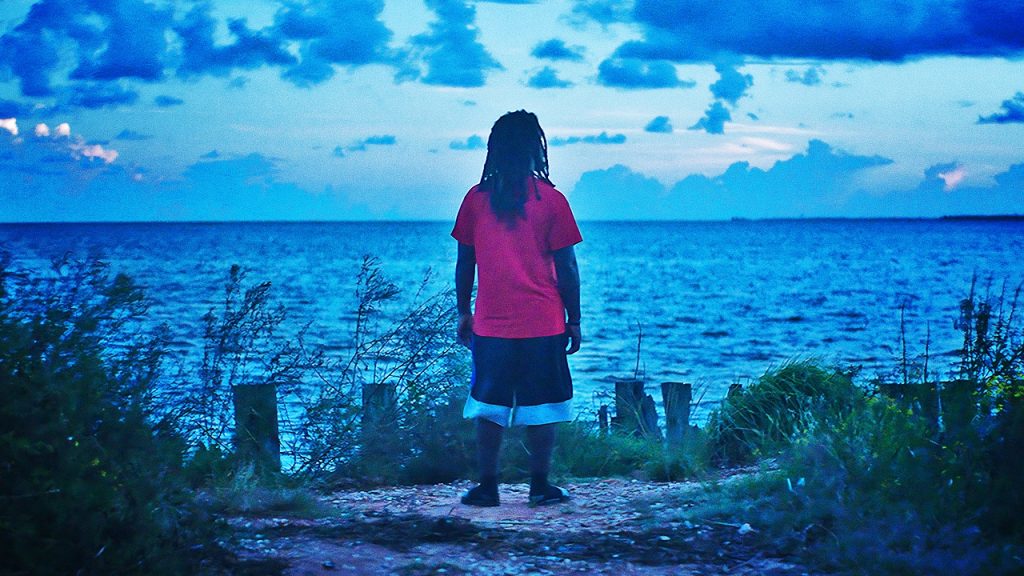Heartbreaking, anger-inducing, but ultimately cathartic, Margaret Brown’s documentary, Descendant, works on so many levels, you’ll lose count.
The “hook” into the story, I suppose, is an unsolved mystery, based on a local legend. A slave ship known as Clotilda was the last known ship to arrive in the U.S., around Mobile AL. The vessel was illegally carrying enslaved Africans. Although it was still perfectly legal to own slaves, the laws had changed regarding the human trafficking – the “importation,” if you will, of slaves. Breaking this law carried the death penalty. I don’t recall learning from history that this was widely enforced, or even widely broken – except for at least one time:
As summarized by Smithsonian magazine:
“The high demand for slave labor from the booming cotton trade encouraged Alabama plantation owners like Timothy Meaher to risk illegal slave runs to Africa. Meaher took that risk on a bet that he could bring a shipload of Africans back across the ocean. In 1860, his schooner sailed from Mobile to what was then the Kingdom of Dahomey under Captain William Foster. He bought Africans captured by warring tribes back to Alabama, skulking into Mobile Bay under the cover of night, then up the Mobile River. Some of the transported enslaved were divided between Foster and the Meagher’s, and others were sold. Foster then ordered the Clotilda taken upstream, burned and sunk to conceal the evidence of their illegal activity.”
Not only that – the slaves were told never to reveal what had happened and to warn future generations as well. The whole sickening story was basically lost to history for decades.
But the descendants and their descendants, and theirs, passed down a word-of-mouth story for so long that some people wondered if it was more legend than history. Exactly what Meaher intended.


Not too many years ago, the existing descendant community near Mobile, along with key help from divers and historians, began a search in earnest that did, indeed, recover the Clotilda.
The jubilation at having proved what they already knew to be true was tempered by a sense of “now what?” Would monetary reparations be appropriate?
Would the fact that there was now, suddenly, a new tourist attraction that would generate money go to the people whose ancestors had generated money for the Meaher’s (and other area slave owners) be too cruel to consider?
Brown’s film tackles not only these questions, but also explores the fact that big corporate polluters have eaten up a lot of land that was obviously arranged by people who couldn’t have cared less about the descendants. It’s even worse than that, a much higher incidence of cancer has been found among the nearby residents, almost certainly from the polluting businesses.
See what I mean by layers? There are also thoughtful and thought provoking interviews with the descendants and a very nervous looking Mayor who seemingly wants to cut the ribbon and get the hell out of there ( we will learn a possible reason why.)
A coda which takes us to the Smithsonian Museum of African-American history to see this history in a moving trip through the haunted, yet hallowed halls is a perfect way for Brown to glide down to the end.
There are many people whose names I have not mentioned, but you will get to know them and hear their thoughts, hopes and fears, thanks to Brown’s completest tale.
Descendant is now streaming on Netflix

